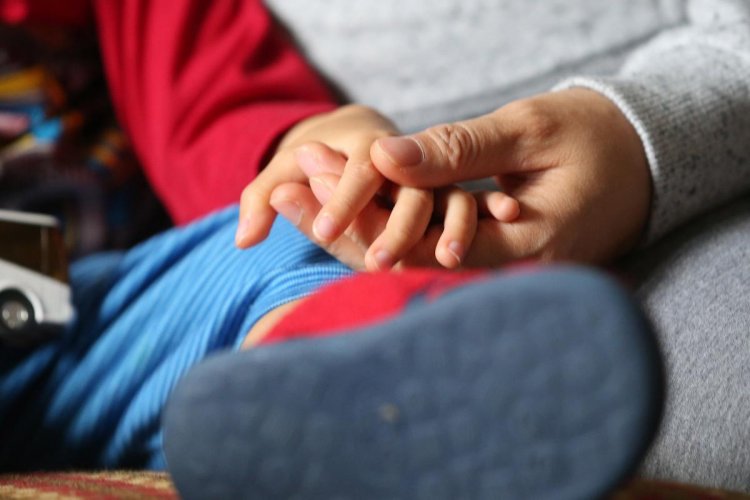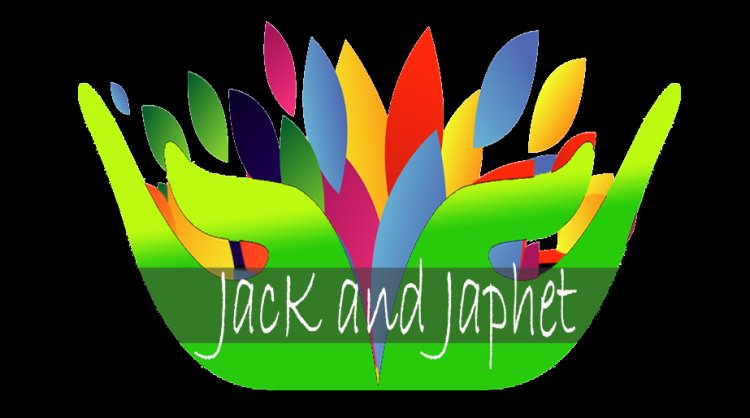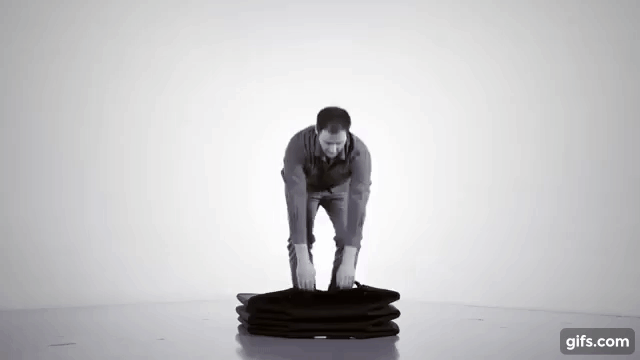Received pandemic benefits? You might be losing some of this year’s Canada Child Benefit
Families who typically earn modest wages and received pandemic benefits last year may be looking at a reduction in the usual refundable tax credits they are entitled to, according to an analysis conducted by social policy experts.Since the Canada Emergency Response Benefit (CERB), other recovery benefits such as the Canada Recovery Benefit (CRB) and lockdown benefits all count as taxable income, individual earnings will be higher this year, meaning the additional funding some people saw during the height of pandemic programs will be reflected in how much people can receive in tax credits. Crucially, advocates say, many parents who usually receive the Canada Child Benefit will see a hit to how much of the benefit they get this year. In a press release issued Wednesday, Campaign 2000, an advocacy group for low and modest income families, alongside social policy expert John Stapleton, estimated that parents with larger families who require child benefits most will be the hardest hit by these reductions and said families will begin seeing notices this week on how much they will receive from refundable credits.Leila Sarangi, national director of Campaign 2000, told the Star the loss of these benefits will be felt even more drastically given the growing cost of living in Canada. “It’s going to cause a huge problem for moms with children” who are eligible for the credit, Sarangi said. Women who stopped working amid the pandemic to care for their children and collected CERB instead will now have that money counted toward this year’s income calculations, which determine how much of tax credit each individual will receive, she added. “I don’t think that that’s really been well communicated. I think this is going to come as a big surprise,” Sarangi said.In an email, a representative from the Canada Revenue Agency said that while this year’s benefit may be impacted by “increases in income due to the Canada Recovery Benefit or other sources, it should be noted that this works both ways — if income declines (for example, due to the impacts of COVID), then CCB amounts can increase.”CCB payments fluctuate yearly because of changes in net income or family situation, the representative added.“Additionally, it should be noted that individuals in a position of needing to repay CERB amounts will not have their CCB payments garnished or reduced due to the outstanding debt,” the representative said.Stapleton, who previously worked with the Ontario government on matters of social policy, said an individual can earn $30,000 per year before they see benefits reduced. While low earners won’t necessarily be impacted, Stapleton said, people earning “modest” wages — about $45,000 annually — and several children could lose around $3,000 in benefits this year if they received CERB or CRB. A similar situation occurred last summer when some seniors lost access to their Guaranteed Income Supplement (GIS). In that case, those who lost out on their benefits were able to access a one-time payment that reinstated the credit they lost. Sarangi and Stapleton are hoping the government takes a similar approach to handle parents who are now losing out on the CCB. “Now is really the time to look at … who is being impacted,” Sarangi said. Income was higher because of CERB, but not drastically higher, she added, continuing that the money received on that program went toward essentials such as food or rent. Meanwhile, those who received the benefit have already paid taxes on their higher income, Stapleton said. For people that are in repayment for the CERB, the loss of the CCB poses a “double whammy” in terms of lost income this year, he said.Jenna Moon is a Toronto-based business reporter, focused on personal finance and affordability. Follow her on Twitter: @_jennamoon


Families who typically earn modest wages and received pandemic benefits last year may be looking at a reduction in the usual refundable tax credits they are entitled to, according to an analysis conducted by social policy experts.
Since the Canada Emergency Response Benefit (CERB), other recovery benefits such as the Canada Recovery Benefit (CRB) and lockdown benefits all count as taxable income, individual earnings will be higher this year, meaning the additional funding some people saw during the height of pandemic programs will be reflected in how much people can receive in tax credits.
Crucially, advocates say, many parents who usually receive the Canada Child Benefit will see a hit to how much of the benefit they get this year.
In a press release issued Wednesday, Campaign 2000, an advocacy group for low and modest income families, alongside social policy expert John Stapleton, estimated that parents with larger families who require child benefits most will be the hardest hit by these reductions and said families will begin seeing notices this week on how much they will receive from refundable credits.
Leila Sarangi, national director of Campaign 2000, told the Star the loss of these benefits will be felt even more drastically given the growing cost of living in Canada. “It’s going to cause a huge problem for moms with children” who are eligible for the credit, Sarangi said.
Women who stopped working amid the pandemic to care for their children and collected CERB instead will now have that money counted toward this year’s income calculations, which determine how much of tax credit each individual will receive, she added. “I don’t think that that’s really been well communicated. I think this is going to come as a big surprise,” Sarangi said.
In an email, a representative from the Canada Revenue Agency said that while this year’s benefit may be impacted by “increases in income due to the Canada Recovery Benefit or other sources, it should be noted that this works both ways — if income declines (for example, due to the impacts of COVID), then CCB amounts can increase.”
CCB payments fluctuate yearly because of changes in net income or family situation, the representative added.
“Additionally, it should be noted that individuals in a position of needing to repay CERB amounts will not have their CCB payments garnished or reduced due to the outstanding debt,” the representative said.
Stapleton, who previously worked with the Ontario government on matters of social policy, said an individual can earn $30,000 per year before they see benefits reduced. While low earners won’t necessarily be impacted, Stapleton said, people earning “modest” wages — about $45,000 annually — and several children could lose around $3,000 in benefits this year if they received CERB or CRB.
A similar situation occurred last summer when some seniors lost access to their Guaranteed Income Supplement (GIS). In that case, those who lost out on their benefits were able to access a one-time payment that reinstated the credit they lost.
Sarangi and Stapleton are hoping the government takes a similar approach to handle parents who are now losing out on the CCB.
“Now is really the time to look at … who is being impacted,” Sarangi said. Income was higher because of CERB, but not drastically higher, she added, continuing that the money received on that program went toward essentials such as food or rent.
Meanwhile, those who received the benefit have already paid taxes on their higher income, Stapleton said. For people that are in repayment for the CERB, the loss of the CCB poses a “double whammy” in terms of lost income this year, he said.
Jenna Moon is a Toronto-based business reporter, focused on personal finance and affordability. Follow her on Twitter: @_jennamoon




















